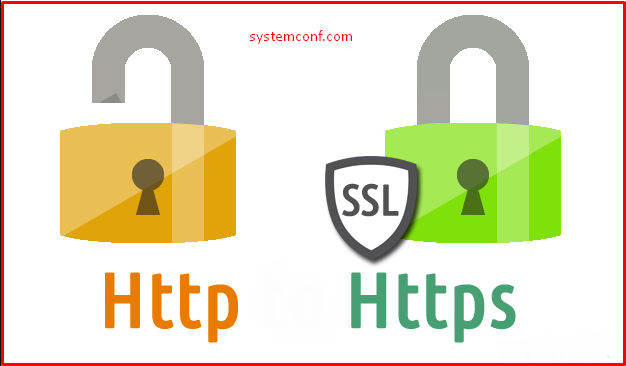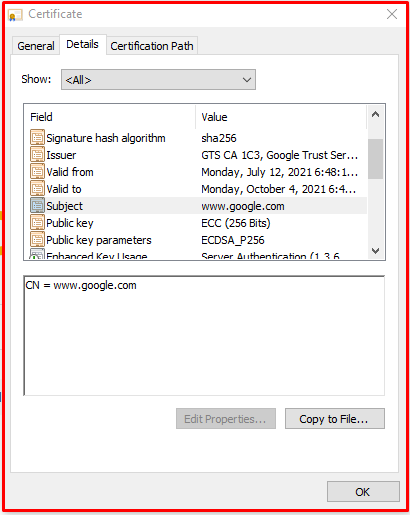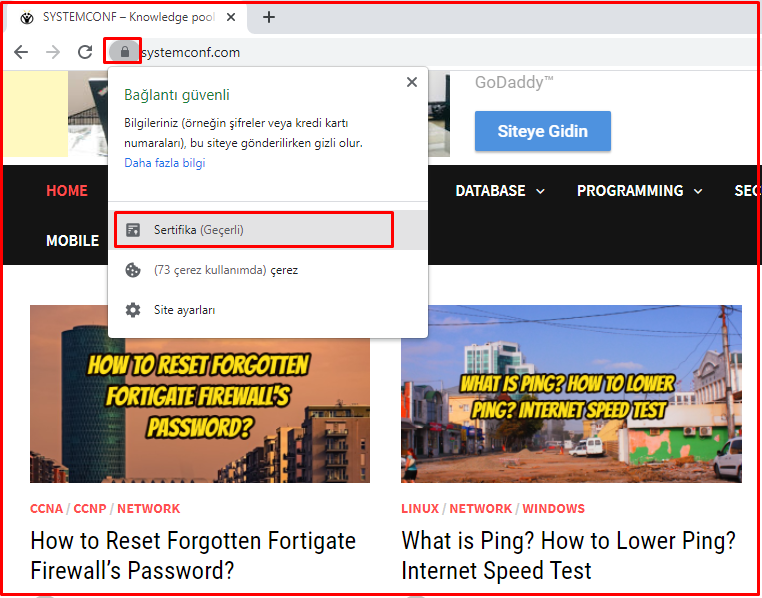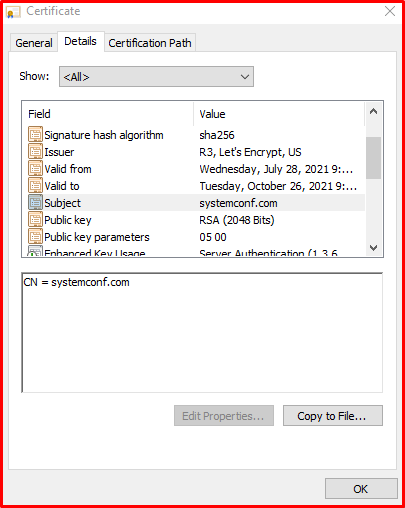SSL is short for Secure Sockets Layer. SSL certificates serve to protect the information people enter on your website. For example, an SSL certificate protects the personal data of your visitors who subscribe to your website’s newsletter, or the credit card information of your customers who shop on your site. SSL provides personal privacy and reliability and enables encrypted communication between the server and the client for the integrity and confidentiality of information during information transfer over the network. In this way, it ensures the protection of confidentiality and integrity. It is a security protocol developed by Netscape in 1994. Its first version is SSL 1.0.

How Does SSL Work?
SSL is based on an encoding method based on the use of keys called Public Key/Private Key. There are two keys for SSL encoding. These keys are digitally encoded software. What is locked by one key, only the other key can open it. After you create your keys (SSL does this by default), one of the keys (Private key) remains on the server. The other key (Public key) is sent to the people you want to connect with.
The person who wants to contact you from the outside sends the message to you securely using the public key. Even if the data is accessed during the transfer before it reaches you, your private key will be required for decryption.

What are SSL Types and Authentication Methods?
There are three SSL authentication methods. These;
Domain Validation (DV)
A Domain Validated (DV) certificate is a certificate that only requires you to verify that you are the owner of your domain. This occurs when an email is received to WHOIS information or email addresses belonging to that domain to verify that you have rights to use the domain. It is the most widely used certificate type.

Organization Validation (OV)
For Organization Validated (OV) Certificates, the Certificate Authority (CA) validates your organization’s information to verify it. They verify Organization Name, Physical Address and Phone Number. This data must match WHOIS information, also a public Government Information site or an approved Third Party Website, before publication. Organization Verification certificates add more confidence to the consumer as they are confident that they are doing business with the real legal entity.


Extended Validation (EV)
Extended Validation (EV) Certificates are also known as “Green Bar”. It is the most trusted type of SSL certificate. Extended Validation certificates contain a lot of information about the company holding the certificate. To receive the certification, businesses must comply with the strictest requirements. Extended Validation certificates give your website the highest level of credibility. Your business’ verified, secure ID appears in green in the address bar.

What are the Features of SSL Protocol?
You can find the features of the SSL protocol below.
- The link is private.
- It provides security and confidentiality during the encoding and decryption of incoming data.
- The identities of the communicating ends can be verified.
- It facilitates the creation of a document archive.
- The connection is reliable. Message flow also includes checking the integrity of the message.
- It guarantees that the sender and receiver of the data are the correct places.
- Verifies the date and time of the transmitted documents.




